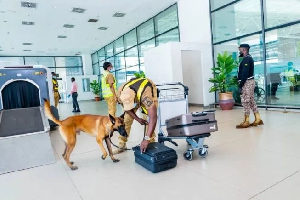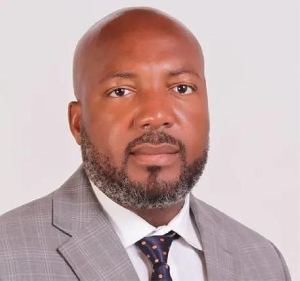Parents must take up sexual health education of adolescents
Sexual health is a state of physical, mental and social well-being in relation to sexuality which requires a positive and respective approach to sexuality and sexual relationships, as well as having safe sexual experiences.
Sexuality education is giving education to children and young people with information, skills and values to promote healthy sexual life up to adulthood.
The government of Ghana in her support of adolescent’s sexual health education has incorporated programs about adolescents’ sexual and reproductive health in various subjects in the school curriculum.
However, statistics on teen pregnancies, STIs including HIV infection among young people and abortion-related issues imply the education from the school’s curriculum is not having the impact for which it was initiated; to help young people in living healthy sexual lives. Parents who are first-hand educators must, therefore, take full responsibility in educating their children on sexual health.
The International Conference on Population and Development (ICPD) in the 1994 program of action emphasized on parents taking responsibility in ensuring sexual and reproductive health and rights of the adolescent.
Adolescents in Ghana need sexuality education before they become sexually active. Matters relating to sexuality are relegated to the background or completely avoided in all discourse in the home. ‘Sex’, is an unspoken word in Ghanaian homes.
When parents provide sexual health education for adolescents it will,
- provide adolescents the opportunity to ask questions about their sexuality,
- provide them with the skills such as assertiveness and peer refusal skills,
- have less permissive attitude towards sex,
- able to delay their involvement in an early sexual encounter which is contrary to the notion that discussing sexuality issues with adolescents will initiate them into early sexual experimentation,
- make them responsible for their sexual health decisions such as abstinence, resisting pressure to engage in premature sexual intercourse, and
- enable them use contraceptives such as a condom to prevent pregnancy and STIs including HIV
Parents must take up the responsibility to provide sexual health education for the adolescent and not leave the responsibility solely to teachers in the school setting. Sexuality education must be comprehensively provided to control teen pregnancies and STIs infections among adolescents.
According to Melissa Stillman, a Guttmacher researcher, abstinence-only education programs have shown little evidence of improving adolescent’s sexual health outcomes.
Adolescents are more prey to coercive and transactional sexual encounters and therefore if abstinence is showing little results, contraceptives such as condom education must be inclusive in sexuality education to prevent risky outcomes such as pregnancy, abortion and STIs including HIV associated with adolescents’ sexual encounters.
Opinions of Tuesday, 1 October 2019
Columnist: Nana Akua Bema Gyasi-Duku















